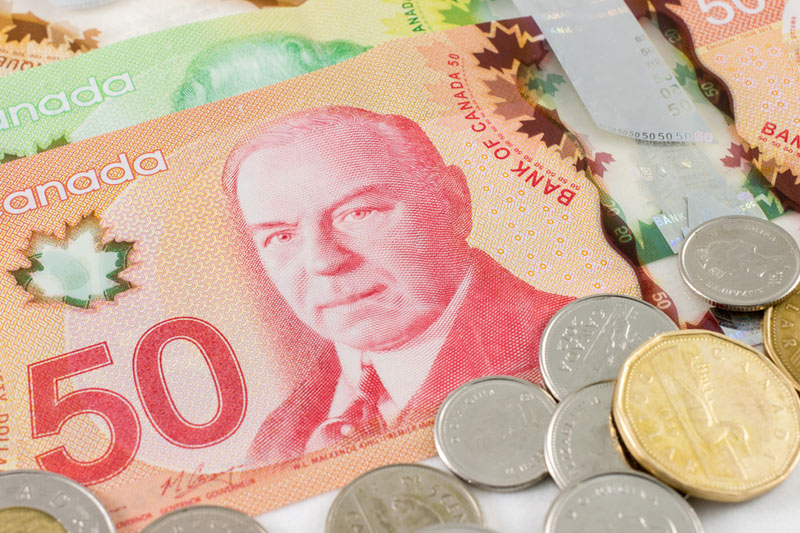Investing.com - The U.S. dollar was almost unchanged against its Canadian counterpart on Wednesday, after mixed U.S. inflation data and a disappointing report from Canada on wholesale sales.
USD/CAD hit 1.1660 during early U.S. trade, the session high; the pair subsequently consolidated at 1.1635, inching up 0.05%.
The pair was likely to find support at 1.1545, the low of December 15 and resistance at 1.1676, Tuesday's high and a more than five-year high.
The U.S. Department of Labor reported that consumer prices fell 0.3% last month, compared to estimates for a decline of 0.1%, after a flat reading in October.
Consumer prices were 1.3% higher on a year-over-year basis, above expectations for a 1.4% reading after a 1.7% increase in October.
Core consumer inflation, which strips out food and energy costs, was up 0.1% from a month earlier and rose at an annual rate of 1.7%. Economists had forecast a monthly increase of 0.1% and an annual gain of 1.8%.
In Canada, data showed that wholesale sales rose 0.1% in September, missing expectations for an increase of 0.9%, after a 1.8% gain in August.
Meanwhile, investors remained cautious ahead of the Federal Reserve's policy statement due later in the day, as ongoing speculation over the prospects for a U.S. rate hike next year have fuelled expectations that the U.S. central bank could adjust its forward guidance.
The loonie was higher against the euro, with EUR/CAD sliding 0.33% to 1.4500.
The euro came under pressure after official data earlier showed that consumer price inflation in the euro zone fell 0.2% in November, in line with market expectations. The bloc's CPI rose at an annualized rate of 0.3% last month, unchanged from October.
Core CPI in the euro zone, which excludes food, energy, alcohol and tobacco, ticked down 0.1% in November.
The data fuelled further concerns over persistently low levels of inflation in the euro area. The European Central Bank targets an inflation rate of close to, but just below 2%.
